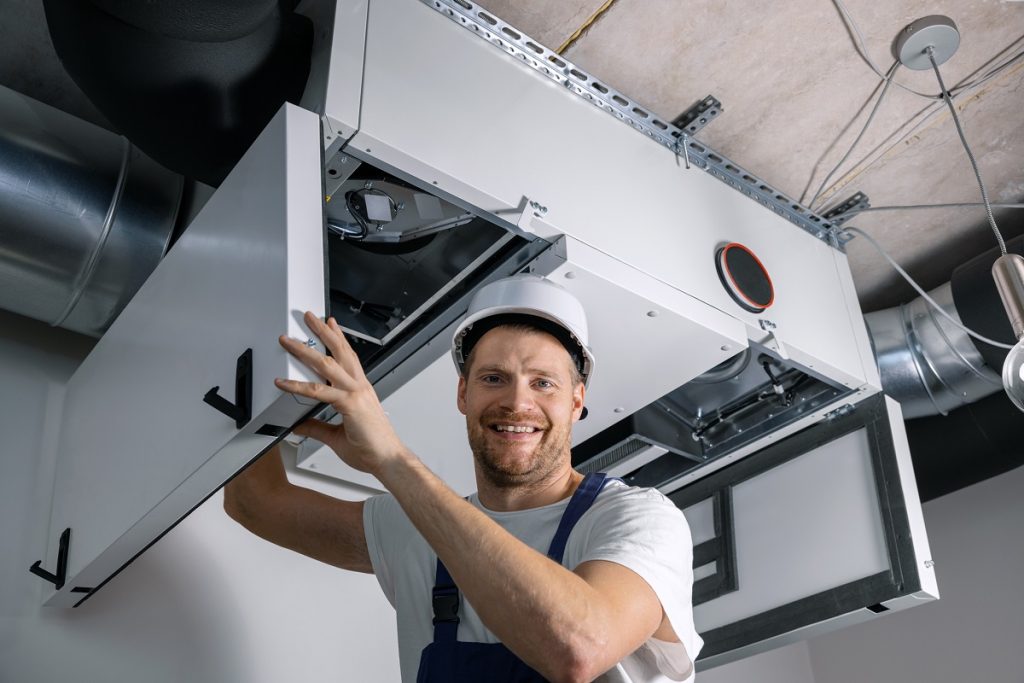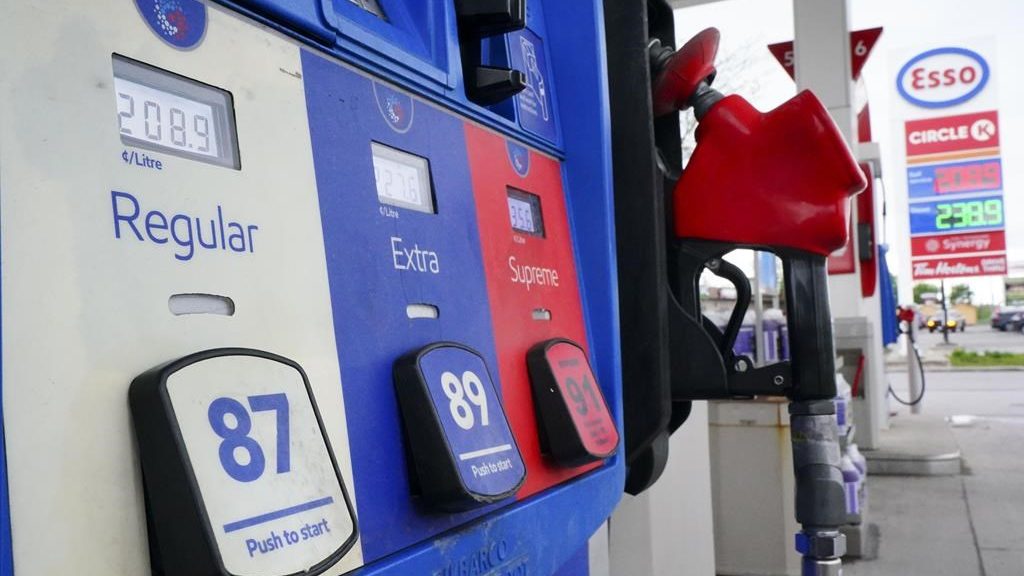Heat Pumps 101

Posted Nov 22, 2023 07:00:00 AM.
Last Updated Nov 22, 2023 10:34:36 AM.
What you really need to know
Homeowners are always looking to heat their homes in more economical and effective ways.
Heat pumps have proven to be the solution to both of these issues, and over recent years they’ve become increasingly more efficient, which is good news for your wallet.
You have options
Troy Burke, Comfort Specialist at Wilsons Mechanical has been directly involved in the HVAC industry for the last 25 years, and he states emphatically, “heat pumps really are the way to go now, no question”.
A centrally ducted heat pump is better whenever possible, because it gives you a whole home solution, providing both heating and cooling in every room,” explains Troy.
“Mini-splits heat the area in front of them from one end of the house to the other, but the heat is linear. Some bedrooms off to the side may not be as warm as the living room and hallway, for example. But homeowners can keep the temperatures pretty constant and comfortable with a mini-split system”.
Different homes, different choices
If your home currently has an oil-fired ducted heating system, you may want to think about replacing your oil furnace with a central heat pump system. It’s neat and tidy, efficient and money-saving. It still requires a backup heat source for those times when it’s cycling through its defrost mode (a necessary cycling on and off that is an integral part of heating and cooling), for power outages and during extreme cold conditions. Keep in mind that different brands may cycle through faster or slower than others, and the ambient outdoor temperature may affect the speed at which they cycle. If your home has existing ductwork, a central heat pump is of great benefit.
If an electric baseboard system is your current source of heat, a mini split could be the best option for you. Your electric baseboards could be your backup heat source along with any gas fireplace or woodstove you might have.
A third alternative is a hybrid of the above two systems – a ducted central heat pump that utilises your oil-fired or propane forced air system as its backup heat source. This is known as an add-on heat pump. In fact, this is a perfect way to introduce a heat pump if you already have a propane furnace because of the efficiency of both heating sources. When the heat pump goes into defrost mode, the oil or propane furnace keeps the home’s temperature constant for your family’s comfort.
Troy continues, “There are a few variables to factor in when considering having central and hybrid systems installed. The size of your home and the BTU requirements needed to address the demands of the home are critical elements for your installer to consider. An oversized system with too high a BTU rating puts a lot of pressure on the system, potentially overwhelming it and shortening its life. Conversely, an undersized unit doesn’t efficiently heat the entire home as it is just under-powered from the start. If your provider tells you that you could choose a system with either 12,000 to 15,000 BTUs or a unit with 15,000 to 18,000 BTUs, don’t automatically choose the larger one. A trained installation technician can lead you to the right answer for your home. Bigger is not always better.”
Which one to choose?
There are a myriad of considerations on the table; the age and condition of your windows and doors, the orientation of your home, and even the age of your current system, ducting and registers. Heat loss calculations that include many parameters will point your provider to the right decision.
If you’ve had a report from Efficiency Nova Scotia, and if you know that R-values in the walls and attic of your home, that information will be extrapolated into the final report to recommend the best heat pump system for you.
Some older homes might require upgrading first before converting to a centralized system. It’s always best to begin with upgrades like added insulation and updated windows and doors.
What’s in a brand?
Technology has pretty much caught up to balancing costs and efficiency, and brands are an important part of your choice. Wilsons Mechanical carries Mitsubishi, Panasonic, Lennox, Kerr, and Gree. All of their on-staff installers are factory trained by each manufacturer. These brands are the finest and most reliable names that have easy access to manufacturers’ parts and warranty support.
There are often incentives such as government grants and manufacturer rebates to help make installing a central, mini-split, or add-on heat pump more affordable. These incentives may apply to certain brands and models and may impact your decision on which heat pump to choose.
Why Wilsons Mechanical?
- They have a large in-house team of highly trained installation technicians and professional consultants experienced in heat pump system design.
- Solid service – they offer complete maintenance services to help keep their customers’ heat pumps at peak performance for years after the initial installation.
- They’re dedicated to safety and excellent customer support.
- Wilsons Mechanical has installed over 10,000 heat pumps in Atlantic Canada over the past 49 years.
- The industry warranty average is 10 years of parts and labour on the compressor. Wilsons Mechanical has its own 12 month warranty, so you’re fully covered for an entire season of heating and cooling.
- With Wilsons Mechanical’s preventative maintenance program, you don’t have to worry about travel fees or surprise add-on charges for service visits.
- Wilsons Mechanical locally owned and operated, serving customers across Nova Scotia and in Moncton.
Trust the professionals
When the time comes to upgrade your heating system, you can rely on the expertise and training offered by Wilsons Mechanical. Call Troy Burke, your Comfort Specialist, at 902-450-5304 to book an appointment for a free quote. Or visit WilsonsMechanical.ca and get set for the savings and comfort your new system will bring.
This Content is made possible by our Sponsor; it is not written by and does not reflect the views of the editorial staff.








